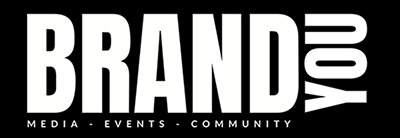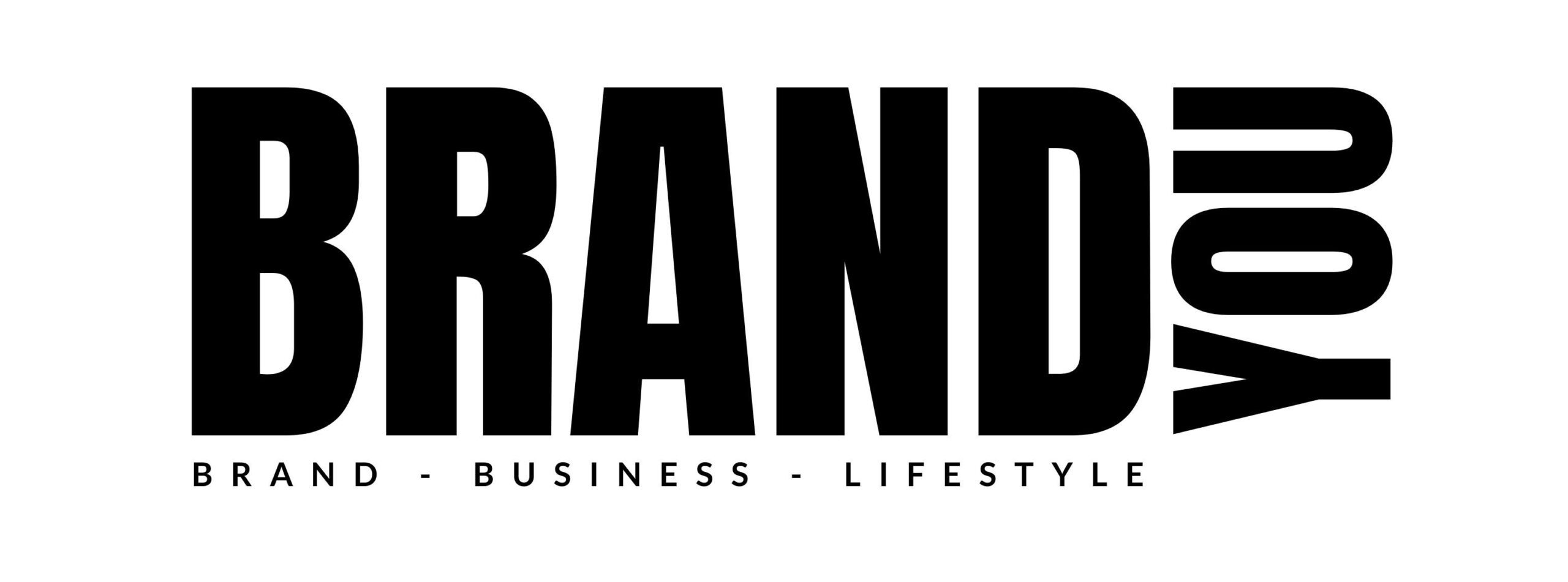
Ethical Selling
The rise of digital sales in the world of online coaching and entrepreneurship has opened up a wealth of opportunities for individuals to market their products and services to a global audience. However, with great power comes great responsibility, and it’s important that ethical digital sales practices are implemented to ensure that consumers are not misled or exploited. The rise of “influence” may have blurred the lines between ethical standards and using psychology to provide additional sway when making sales.
LEAVE PEOPLE BETTER THAN WHERE YOU FOUND THEM
One common tactic used by some online coaches and entrepreneurs is the use of ‘shame language’ to sell their products or services. This is especially popular in the weight loss, health and beauty industry. Shame language is a technique that uses guilt and fear to motivate someone into making a purchase. Media and magazines have been using these techniques for years to frame someone’s state of mind and put them into a “less than” and “aspirational” mindset. This especially works with sales because it connects the need to buy with the purchaser’s self worth.
“While some degree of urgency can be effective in encouraging people to take action, it must be done in an ethical and honest way.”
For example, an online coach may tell a potential client that if they don’t invest in their programme, they will never be successful, or that they will continue to struggle with their problems indefinitely. This type of language can be damaging and manipulative, and it’s important for online coaches and entrepreneurs to avoid it. It’s also a downright lie! Programmes and services that are proven to support may be a missed opportunity, but they do not determine someone’s ultimate failure. Often because coaches and digital providers are so passionate about their offers, they may lay the ‘missed opportunity’ part on a little thick, which is understandable when they’re certain they can support their clients successfully. That being said, it’s not acceptable to assume that a lack of this product or service would seal the fate of someone negatively. Sometimes this could be an indicator of someone not investing in themselves or not being an action taker which could lead to the probability of success being greatly lessened. Even under these circumstances, it’s simply not acceptable to use this evidence to enhance a forceful sale.
Another tactic that’s often used in digital sales is FOMO: or fear of missing out. FOMO is a feeling of anxiety that comes from the fear that you’re missing out on something important. In the context of digital sales, this can be used to create a sense of urgency around a product or service, with the suggestion that if you don’t act quickly, you will miss out on a valuable opportunity. While some degree of urgency can be effective in encouraging people to take action, it must be done in an ethical and honest way. Open and closed launches allow for natural FOMO, when the opportunity is actually limited, which means the honesty around this FOMO is real and not faked to manipulate.
“Trauma porn puts the person in the place of their pain and promises to heal the person of that same pain by investing in their services and offerings.”
One area where online coaches and entrepreneurs can fall short in terms of ethical digital sales practices is in their use of credit cards. It’s not uncommon for coaches and entrepreneurs to suggest that clients pay for their services or products using a credit card, which can result in significant fees and charges for the consumer. In some cases, these fees can be hidden or not clearly disclosed by third parties that the coaches don’t know about, leaving consumers feeling frustrated and misled. To avoid this, it is important for online coaches and entrepreneurs to be offering affordable and introductory payment options that have transparent terms and conditions. It is acceptable for entrepreneurs to charge additional admin fees on payment plans to support additional costs, as long as these are clearly stated for the customer’s understanding.
Another tactic that can be often used by providers online is poking the bruises of previous trauma. Trauma porn puts the person in the place of their pain and promises to heal the person of that same pain by investing in their services and offerings. This is problematic because often entrepreneurs in this space are not formally qualified to support people with the myriad of mental and emotional health symptoms they experience as a result of their trauma. A rise in trauma informed entrepreneurs has become popular in the industry which does give some regulation to a previously unregulated area of online business. It supports people in understanding who has had had more training in dealing with the wide spectrum of emotions associated with trauma and PTSD.
“Ethical digital sales practices are essential in the world of online coaching and entrepreneurship.”
So, what can online coaches and entrepreneurs do to ensure that their digital sales practices are ethical? Firstly, it’s important to avoid using shame language or any other manipulative tactics to encourage people to make a purchase. Instead, focus on the benefits of your product or service and provide honest, transparent information about what it can offer. Being honest is really important and allows people to ask questions ahead of any sales.
When using FOMO as a marketing tactic, some degree of urgency can be effective, but it’s crucial to avoid creating a false sense of urgency or making unrealistic promises.
When it comes to payment options, encourage your clients to learn about any fees associated with credit card payments and provide clients with clear information about the payment options you provide. Consider offering alternative payment methods such as PayPal or bank transfer to avoid unnecessary fees and charges.
Ethical digital sales practices are essential in the world of online coaching and entrepreneurship so you can build trust with your clients and create a positive, ethical business. Remember, the most successful businesses are those that prioritise the needs and interests of their customers, so always put them first in your digital sales practices.
Positive experiences for those who do not ever buy from you is also a must. My motto is “Leave people better than where you found them”, regardless of whether they have ever purchased from you or not
Regular Columnist: Article published in Brand You Magazine – Edition 24
 Dawn Beth Baxter, founder of Beyond The Dawn
Dawn Beth Baxter, founder of Beyond The Dawn
Dawn Baxter, owner of Beyond the Dawn, is a true industry leader, expert and mentor in the realm of digital marketing. Dawn has cemented her position as a sought-after authority in the field.
Instagram: beyond_thedawn
Website: beyondthedawnblog.com
____________________________________________________________________________________________________________________________________________________________________








